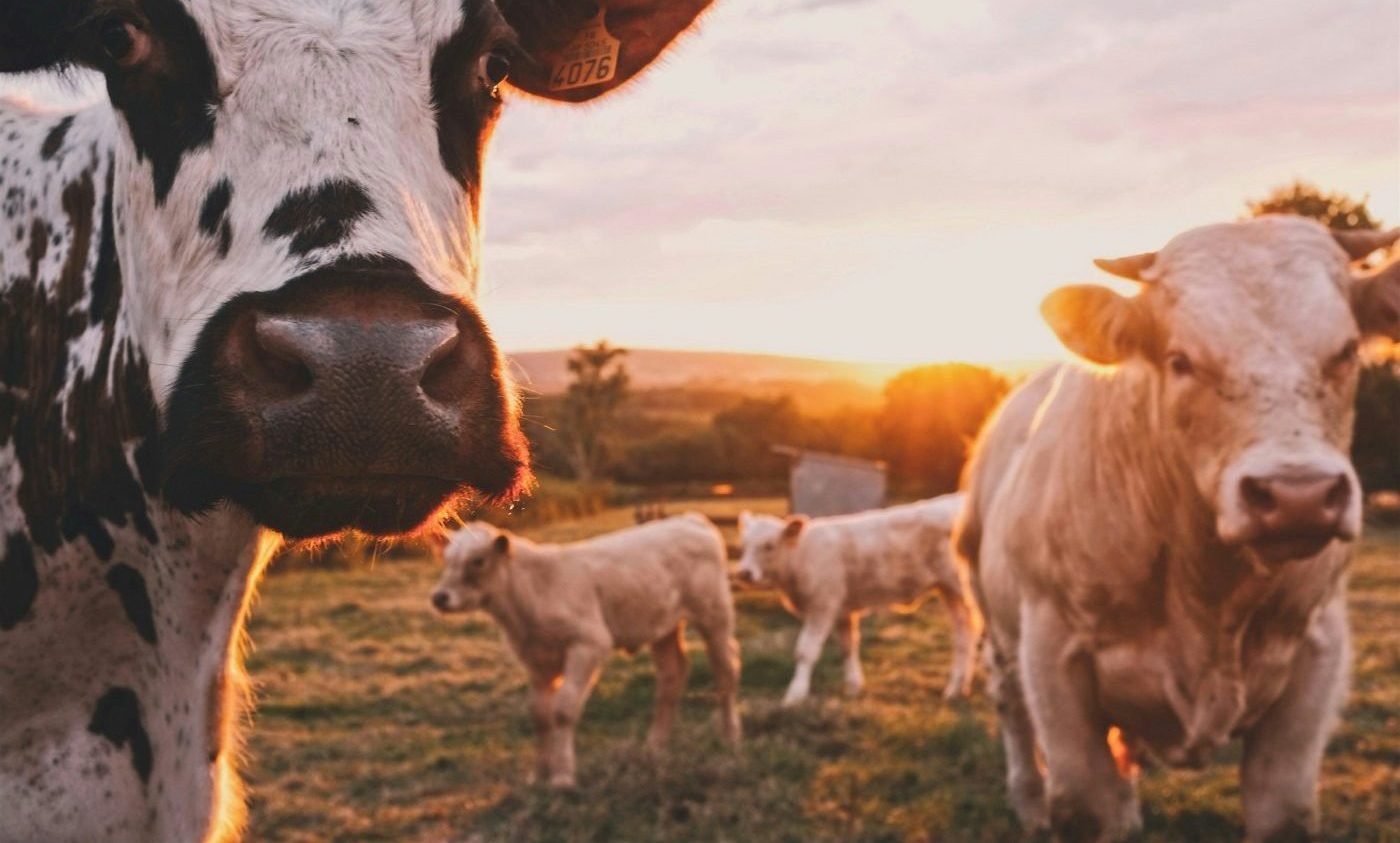As the West turns green, the Global South goes red: Why meat consumption is on the rise
One would be forgiven for believing progress had been made in shifting to more planet-friendly diets. You’d even be correct in some regard too. Indeed, a report from October revealed that meat consumption in the UK had fallen to its lowest point since the 1970s, when records began. The number of vegans in Great Britain increased four-fold between 2014 and 2019 and another 11% of the population now identify as either vegetarian or pescetarian. A similar pattern is reflected across other Western European nations.
Responsible for approximately 14.5% of global greenhouse gas emissions, meat and dairy production is a key driver of global warming. In addition to associated methane emissions from cattle farming, the industry’s expansion, and growing demand for land, has contributed to deforestation pushing carbon dioxide levels even higher, particularly in Brazil.
The United Nations Food and Agriculture Organization (FAO) projects that global meat consumption will grow by nearly 73% by 2050.
Despite this apparent progress, it is a trend that appears to be limited to the Western, developed world. Meat consumption in developing countries has risen three times as fast as in wealthier countries in the past. In fact, the United Nations Food and Agriculture Organization (FAO) projects that global meat consumption will grow by nearly 73% by 2050.
As societies in the Global South have industrialised and incomes have grown, demand for nutrient-dense foods like meat have increased too, a trend known as Bennett’s Law in agricultural and developmental economics. Similarly, increased demand for milk and other dairy products has served to bolster polluting cattle farming practices.
It is a pattern perhaps most striking in China, where rapid development in the latter half of the 20th century has seen meat-eating rocket to double that of the United States. Likewise in Brazil, per capita consumption has almost quadrupled since 1961. Even countries like India, long culturally and religiously averse to meat, have seen demand creep up, projected to grow by 17 percent between 2005 and 2025.
Whilst the West may be slowly turning towards more plant-based diets, it still accounts for the lion’s share of meat consumption globally.
Equally, there are more promising transitions that overall figures do not reflect, such as shifts away from red meat towards less harmful poultry and pork consumption. The associated emissions of beef production (relating to land use, water, and the cattle themselves) is estimated to be three to ten times greater than that of chicken whilst pork falls somewhere in between. Whilst Brazil could initially appear as a key culprit, beef consumption actually fell to its lowest level in 28 years in 2021, offering some potential for more sustainable diets to emerge in conjunction with economic growth.
Nonetheless, whilst the West may be slowly turning towards more plant-based diets, it still accounts for the lion’s share of meat consumption globally. Australia and the USA continue to top global per capita rankings. Overall, people in industrialised countries consume three times as much meat, and four times as many dairy products than their Global South counterparts.
Last month, Warwick SU partially rejected a motion passed in Autumn 2023’s All Student Votes to transition to plant-based catering.
Last month, Warwick SU partially rejected a motion passed in Autumn 2023’s All Student Votes to transition to plant-based catering. Citing “practical and financial challenges”, it is perhaps a microcosm of broader societal hesitations towards implementing more environmentally conscious catering. Whilst we may be tempted by the appearance of rising vegetarianism, meat consumption per capita in the populous US reached its highest point in decades in 2018, according to the US Department for Agriculture (USDA).
Thus, it is perhaps time to dispel the optimism that the rising cultural prominence of veganism and vegetarianism has offered. It is increasingly evident the urgency of dietary change demands more than awareness and advocacy as meat consumption continues to rise globally. Steven Lord, a senior researcher in food systems economics at the University of Oxford, described attempts to “[tell] people what to eat” as “political suicide”, a statement which only underscores the vastness of the task ahead, and the economic and cultural constraints that those seeking to facilitate a transition must contend with.

Comments